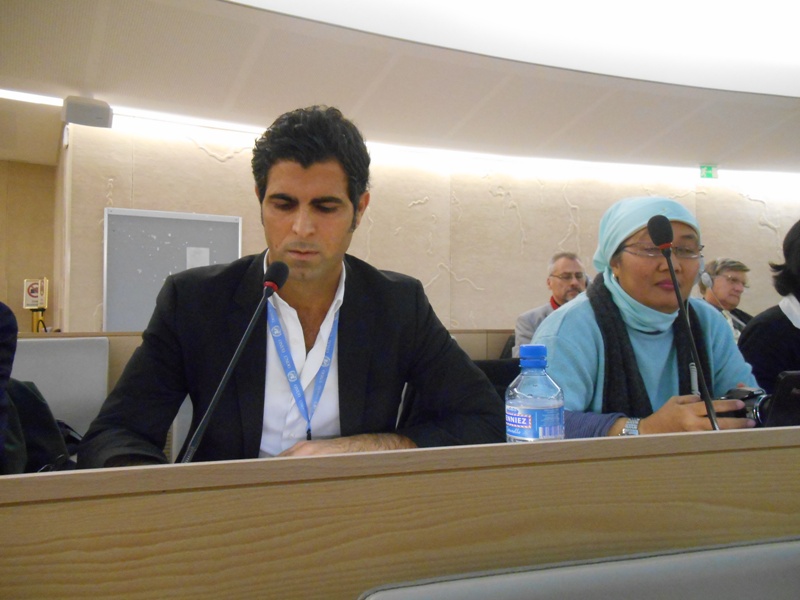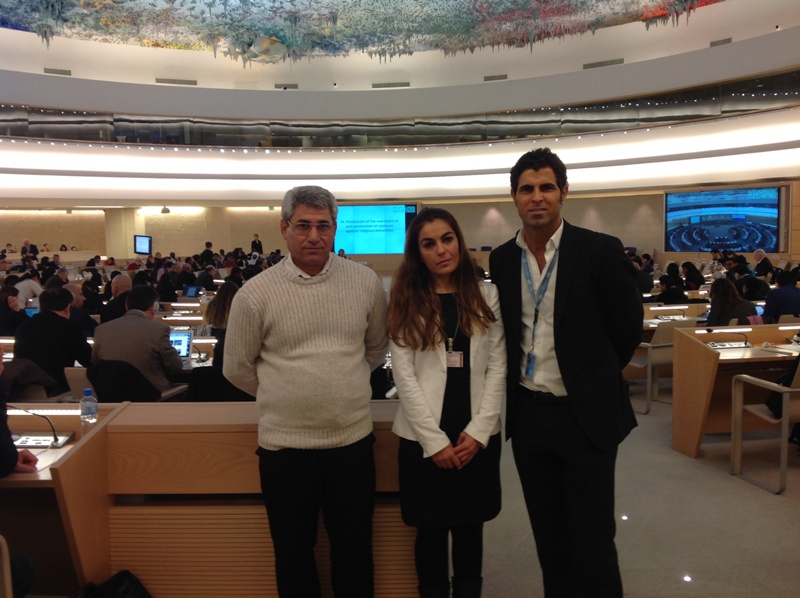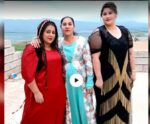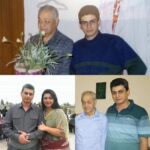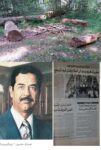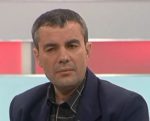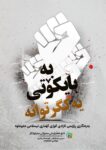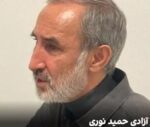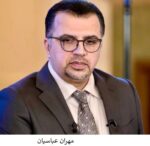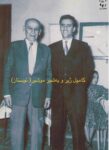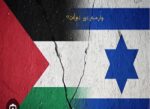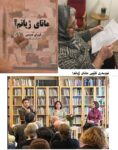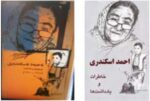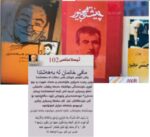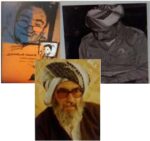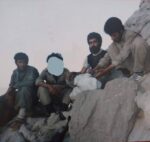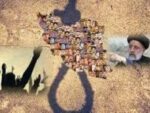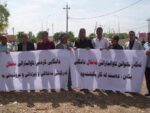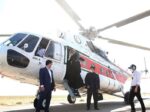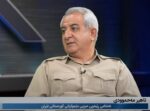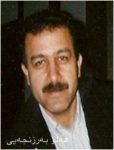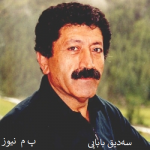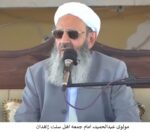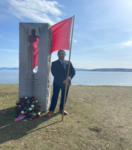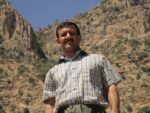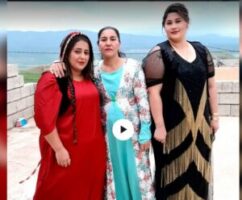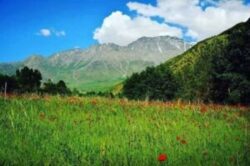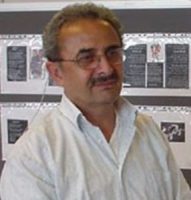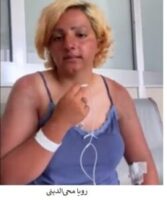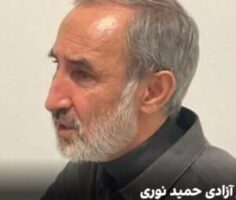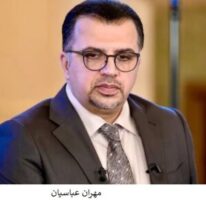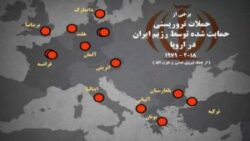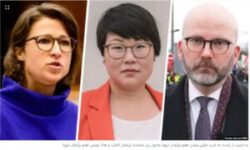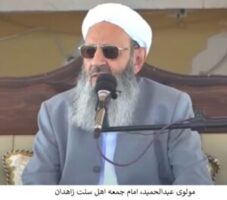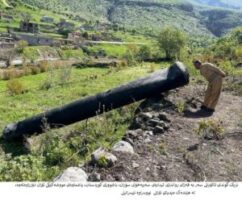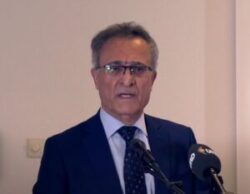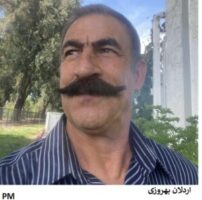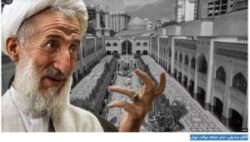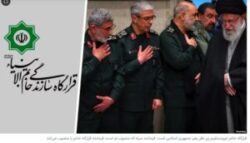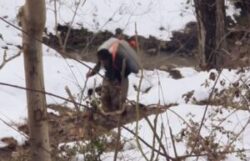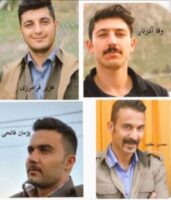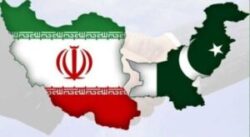له لایهن کۆمهڵهی ماڤی مرۆڤی کوردستانی ئێرانهوه سهرنجتان بۆ کۆسپه قانوونییهکانی سهررێگای پێکهوه ژیانی
به ئاشتیانهی ئایینی مهزههبییهکان ڕادهکێشین له کۆماری ئیسلامی ئێران.
کوردستان به وڵاتی خوداپهرهستی ناسراوه که ئایین و مهزههبه جیاوازهکان به پشوودرێژی و سهبر و یهکتر قبووڵ کردن، به درێژایی مێژوو بێ ئهوهی کێشهیهکی سهرهکییان پێکهوه ههبووبێ، پیکهوه به ئاشتییانه ژیاون. ئایین و مهزههبه جیاوازهکانی کوردستان بریتیین له: یهزیدی، یارسان، زهردهشتی، جوو، بههایی، مهسیحی، موسڵمان به سوننی و شیعهوه.
له کاتی هاتنهسهرکاری کۆماری ئیسلامئ ئێڕان له ساڵی 1979ی زایینیدا و داڕشتنی قانوونی بنهڕهتی وڵات لهسهر بنهرهتی ئایینی ئیسلام، مادهی یهکهمی قانوونی بنهڕهتی ئێران مهزههبی شیعهی وهکوو مهزههبی رهسمیی دهوڵهتی ناساند و، بهگوێرهی ئهم مادهیه ئهندامانی کهمایهتییه ئایینییهکان که لهسهرهوه ئاماژهیان پێ کرا، تووشی جیاوازی دانان و ههڵاواردنی سیستماتیک قانوونی و کردهوهیی دهبنهوه و، پشتگوێ دهخرێن. بهپێی دوایین راپۆرتی رێپۆرتێری تایبهتی رێکخراوی نهتهوهیهکگرتووهکان بۆ ئێران که له مانگی ئوکتوبردا بڵاو کرایهوه سهرهڕای ئاڵوگۆڕی دهوڵهت و هاتنه سهرکاری سهرۆک کۆمارێکی نوێ، ئهندامانی کهمایهتییه نهتهوهیی و ئایینهکانی ئێران زیاتر تووشی راونان، گرتن ، ئهشکهنجه و ئێعدامی ناڕهوا دهبنهوه. بۆ نموونه له چهند مانگی رابردوودا سێ هاووڵاتی کوردی ئایینی یارسان به نیشانهی ناڕهزایهتی دژی ههڵسوکهوت و سووکایهتی به پیرۆزییهکانی ئایینهکهیان ئاگریان له خۆیان بهردا. هێزه ئهمنییهتییهکانی رێژیم له شوێنه گشتییهکان سووکایهتییان پێ دهکهن و سمێڵیان دهتاشن که له ئایینهکهیاندا پیرۆزه.
ئهمانهی سهرهوه و مادهی یهکی قانوونی بنهڕهتی ئێران بهربهستێکی قانوونی سهرهکین له پێکهاتنی کهشوههوایهکی ئاشتییانه بۆ بهروپێشچوون و پاراستنی مافی کهمایهتییه ئایینی و نهتهوهییهکانی ئێران و، رێز نهگرتنه له مادهی 18 کونڤانسیونی نێونهتهوهیی مافه سیاسی و مهدهنییهکانی رێکخراوی نهتهوه یهکگرتووهکان که ئێران مۆری کردووه.
کۆتایی و راسپاردهکان
کۆمهڵهی مافی مرۆڤی کوردستانی ئێران، پێ داگره له سهر پێویستی ههڵگرتنی ههنگاوی بنهڕهتی له لایهن حکومهتی نوێوه بۆ پاراستن و بردنه سهری مافی کهمایهتییه ئایینی و نهتهوهییهکان له ئێراندا.
دهوڵهتی ئێران دهبێ کهشوههوای تهبایی و ئاشتیانهی ئایینه جیاوازهکانی کوردستان بپارێزێت و، له شوڤینیزمی مهزههبی و نهتهوهیی شیعه و فارس و بهرتری خوازی دهست ههڵگرێ.
له کۆتاییدا داوا له حکومهتی سهرۆک رۆحانی تا رێز له بهڵێنهکانی که لهکاتی ههڵبژاردن داونی بگرێ و، ههروهها پابهند بێ به پهیمانه نیونهتهوهییهکان.
کۆمهڵهی مافی مرۆڤی کوردستان ئێران-ژنێڤ
The Association for Human Rights in Kurdistan of Iran-Geneva (KMMK-G) statement to the Sixth session of the Forum on Minority Issues on “Beyond freedom of religion or belief: Guaranteeing the rights of religious minorities”
Madam Chair,
On behalf of the Association for Human Rights in Kurdistan of Iran-Geneva (KMMK-G), I would like to draw your attention on the legal barriers to a peaceful space for promotion of a co-existence of religious minorities in Iran.
Iran is a multi-ethnic and multi-religious country composed mainly of Persians, Kurds, Baluchis, Azerbaijanis, Turkmens and Ahwazi-Arabs. However only the Persian-Shiite group holds State power and Article 1 of the Constitution of the Islamic Republic of Iran declares the Twelver Shi’a School of Islam as the formal religion of the State. The current government maintains the policies of past governments and adheres to a system of governance based on the ideology of one country, one nation, one language and one religion. Both these elements perpetuate systemic discrimination against and repression of all ethnic nationalities and religious minorities in the country. Governmental participation by members of ethnic nationalities or religious minorities such as Kurds, Sunni Baluchs, or Baha’is, is severely restricted and are obstructed from assuming the presidency or occupy any significant governmental position. These restrictions also apply to women, regardless of ethnicity.
Kurdistan the land of God/Good practices
Kurdistan of Iran known as the land of God for its religious mosaic, tolerance and peaceful co-existence, is hosting various religious communities such as Yazidis, Yarasan, Zoroastrians, Jews, Bahaï, Christians, Sunni and Shia Muslim for hundreds of years without any major problems.
But since the establishment of the Islamic Republic of Iran in 1979 and it’s new constitution based on Islamic principle especially Article 1 that declares the Twelver Shi’a School of Islam as the formal religion of the State, the members of above mentioned religious minorities are subjected to systematic discriminations in law and practice. According to the latest report of the UN Special Rapporteur for the situation of human rights in Iran which was released on October 23rd, the members of Iranian religious and ethnic minorities are facing increasing forms of arbitrary detention, torture, ill-treatment and executions despite the change of the government in June this year. For instance, in the last past months, three Kurdish citizens of Yarasan faith, (Mr. Mohammad Nazari, Mr. Mohammad Qanbari and Mr. Nimkard Taheri) ended their life through self-emollition to protest government officials’ insulting against followers of this faith. Indeed, the State police and security forces routinely and forcibly shave the mustache of male followers of Yarsan publicly. Growing Mustache is part of the religious identity of male followers of this faith.
Legal barriers
As mentioned above, the main legal barrier to a peaceful space for the promotion and the protection of members of religious and ethnic groups in Iran, is Article 1 of the Constitution and also the non respect of article 18 of the International Covenant on Civil and Political Rights to which Iran is party to.
Conclusion & Recommendations
The KMMK-G maintains that substantive measures need to be taken in both laws and practice by the new government to promote human rights of the members of religious and ethnic minorities in the country.
The Iranian state should protect the Kurdistan religious space of tolerance and co-existence and abandon it’s religious and ethnic chauvinism that favor the Persian-Shia group over others communities.
Finally, we urge the Iranian government of president Rouhani to respect, on the one hand, his electoral pledges for more rights to religious and ethnic minorities and, on the other hand, to fully respect Iran’s national and international obligations.
